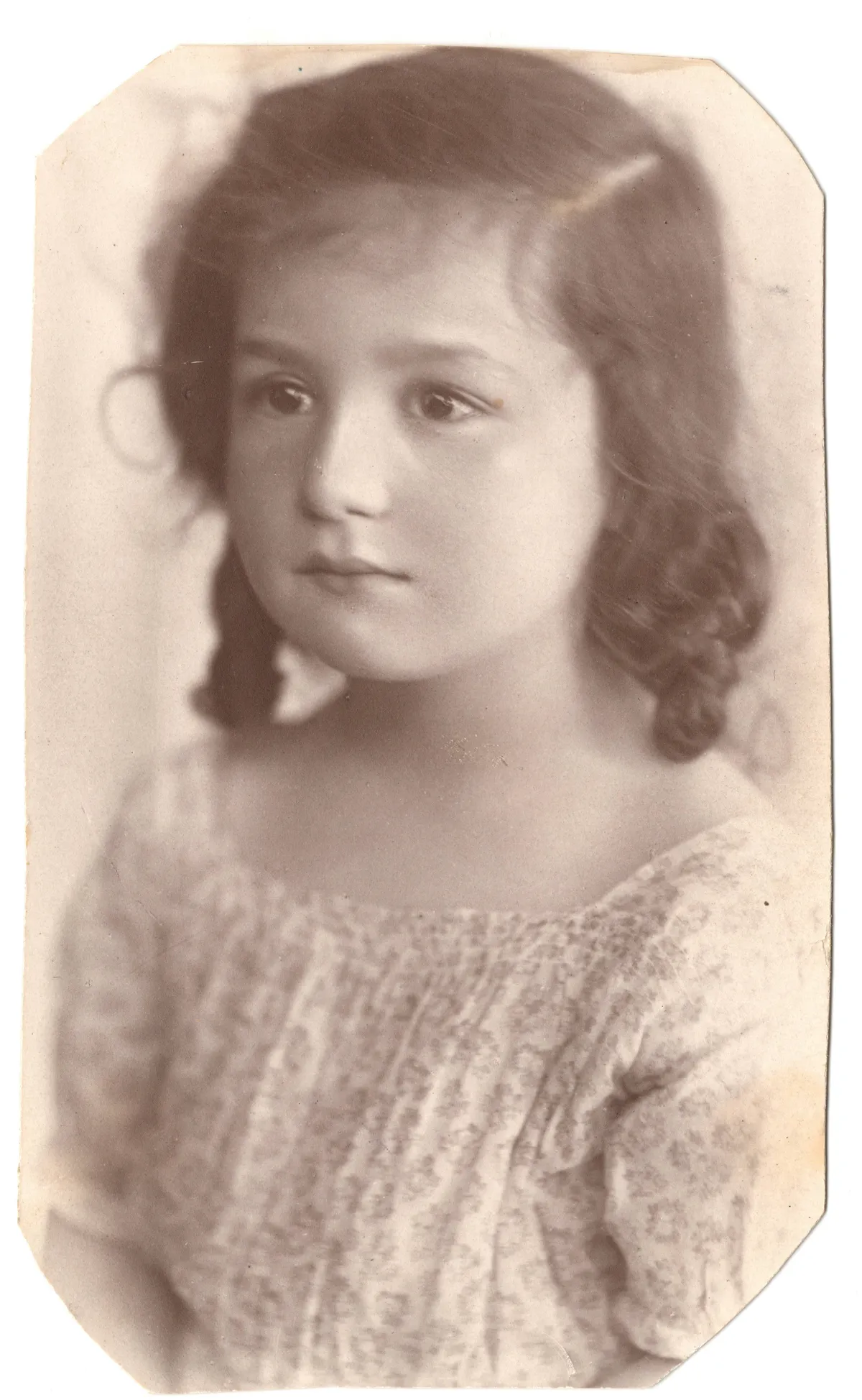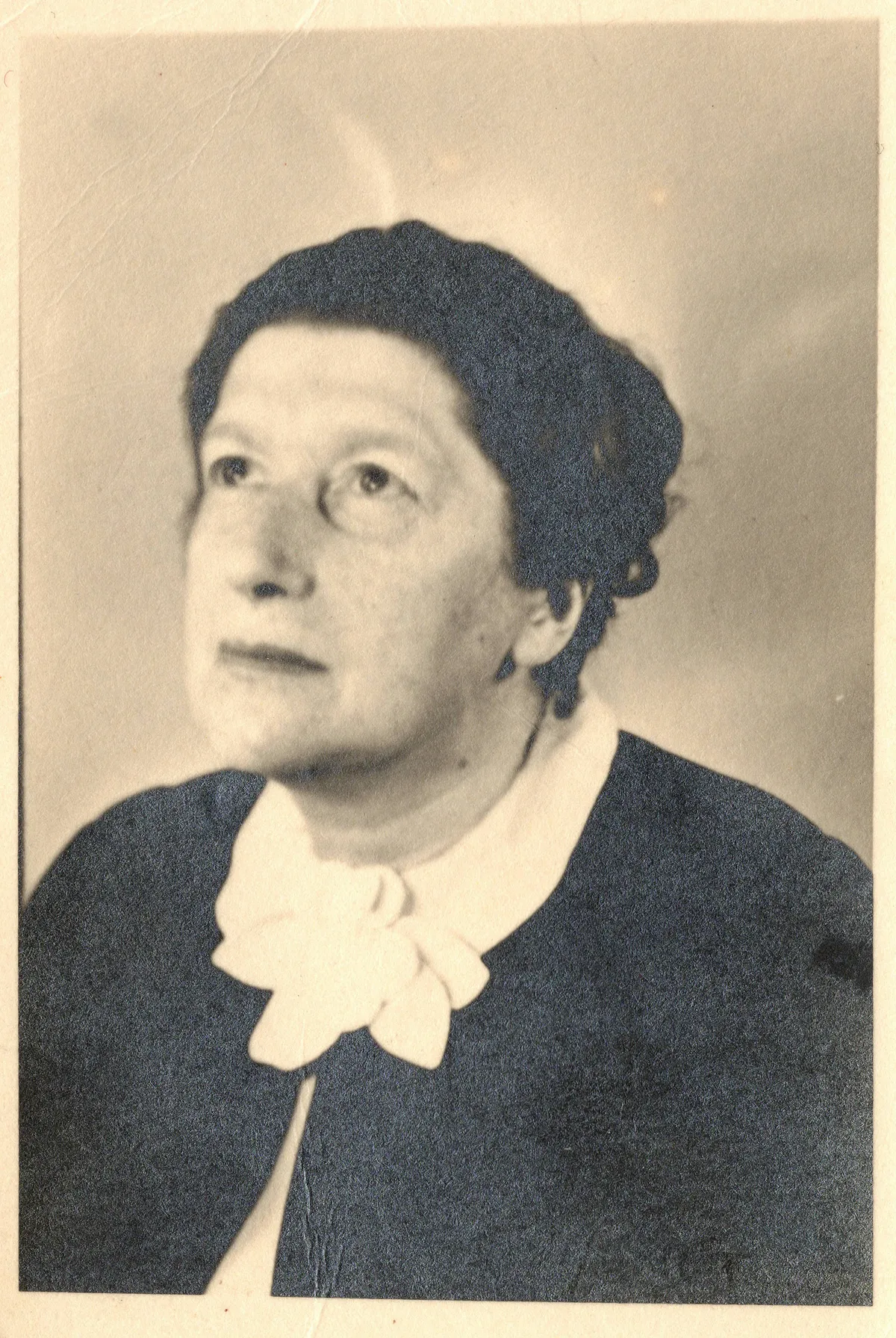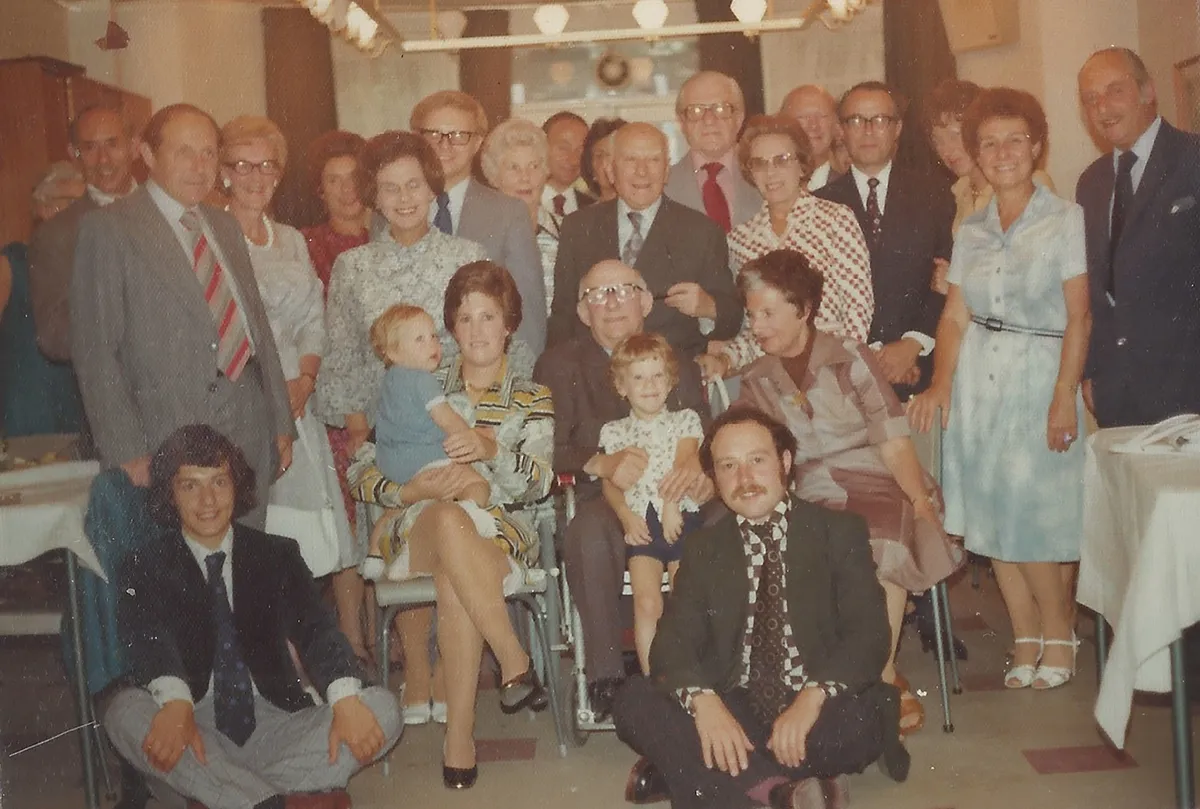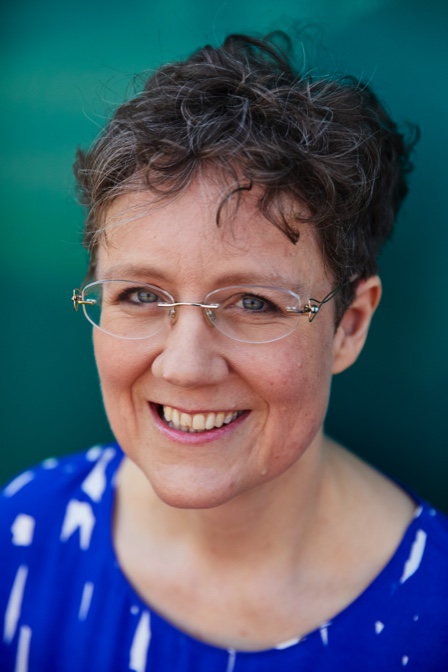Actor, comedian, broadcaster and writer, Matt Lucas comes from a tight-knit Jewish family in London. He was 22 when his father died. “Apart from the profound sense of loss, I also realise that there aren’t always happy endings,” he says at the start of his episode of Who Do You Think You Are?
Matt was very close to his maternal grandmother Margot who passed away in 1999 and wants to find out more about her: “It helps keep her alive for me and I really miss her”. He starts his family history journey by visiting his mother to discuss a selection of family memorabilia including a letter dated June 1939 that his great grandmother Rose sent from Berlin to her daughter Margot who had arrived in England saying that she was not well enough to join her.

Matt, who recently applied for dual citizenship with Germany, heads off to Berlin to find out more about his maternal great grandparents Therese (known as Rose) and her husband Gustav who was a doctor but had died when Margot was just 20.
Visit our guide to the best websites for researching the Holocaust
Knowing that his grandmother Margot also wanted to become a doctor he visits Berlin university to find out why she didn’t complete her studies which she began in April 1930. Hitler came to power in 1933 and introduced laws that made it harder for Jews to gain an education, in the same year Jewish books were burned by students at Berlin University. That same year Margot had to abandon her university course.
Next Matt visits Charlottenburg, the area in which Margot and her mother were living in the 1930s. He is shown photographs of the devastation caused by Kristallnacht or ‘the night of broken glass’ (now known in Germany as the November pogroms) when 1,400 synagogues burned down, shops were destroyed and more than 100 Jews were killed. Three months later, Margot left for England, leaving her mother, who had multiple sclerosis, behind in Berlin.
In January 1942, Nazi leaders held a meeting to discuss what they called ‘the final solution’ a plan to mass murder Jews and other minority groups. The next month, Rose died from heart failure caused by her illness and was buried next to her husband Gustav.

Next Matt wants to find out what happened to other members of his family who had escaped to the Netherlands in the 1930s thinking that it would be a safe haven from Nazi oppression. Unfortunately, German forces invaded in 1940 and by 1942 Jews in the Netherlands had to face the same draconian laws and fate as those in Germany.
One of his ancestors living in Amsterdam was his grandmother’s cousin Werner Goldschmidt who he discovers rented a room from the Frank family in 1942 and was living with them when they went into hiding. Matt is amazed by his family connection to such a famous family: "It's the one story everyone knows. If you know no other story about the Jews in World War 2, you know the story of the Frank family".

Matt also looks into the fate of another of his grandmother’s cousins, Fritz Blumenfeldt, a wholesaler in silk fabrics who was transported to Westerbork with his wife Helen and daughter Sylvia in July 1942. From this transit camp, Jews were transported to concentration camps such as Auschwitz. Matt discovers that they died at Auschwitz and also discovers that Werner Goldschmidt was killed at Bergen-Belsen, the same camp that Anne Frank was sent to.
Finally, Matt returns to London to find out about his mother’s work with the Association of Jewish Refugees in the 1950s. While there, Matt discovers that one of his grandmother’s cousins did survive the Holocaust. Hans Goldschmidt escaped to Uruguay. Looking back at what he has discovered about his grandmother, Matt regrets not having asked her more questions: “When you grow up, particularly with older figures in your family, you just sort of take them at face value and you don’t grill them on what they did before you knew them. You just live in the present. My grandmother always made it clear how proud she was of me and now I’m proud of her.”
